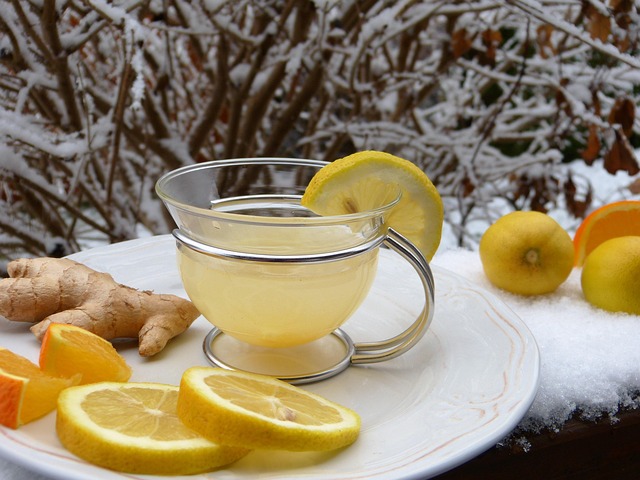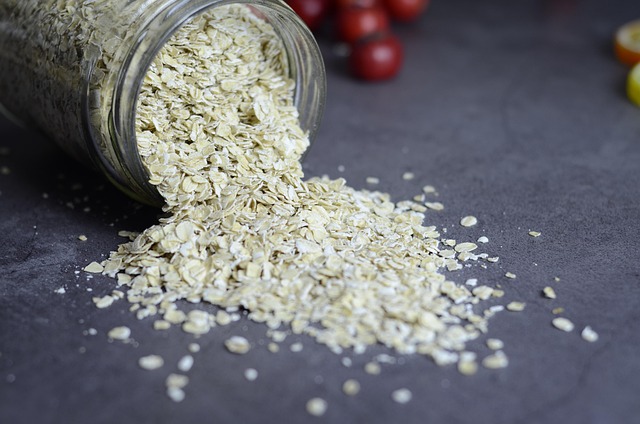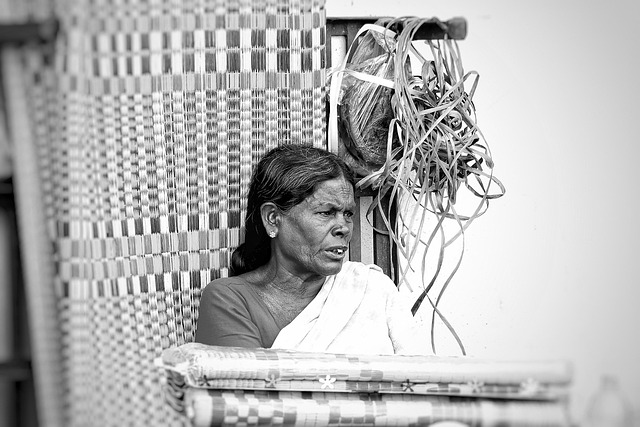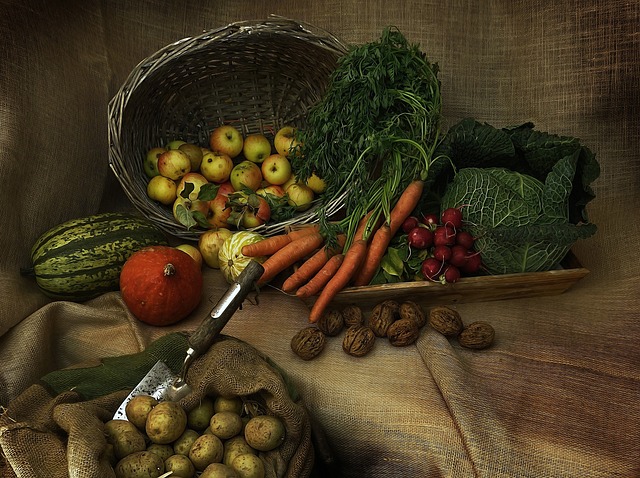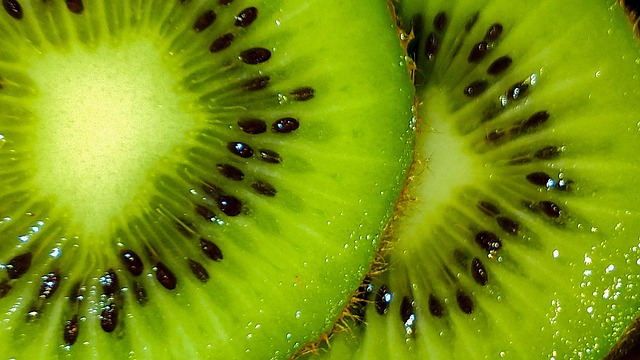Hydration is a key component of senior health in Eugene, Oregon, due to age-related changes affecting water balance. Seniors should aim for 2 liters of fluids daily from water, tea, broths and water-rich foods, with urine color as a simple hydration indicator. Community initiatives focus on educating seniors, caregivers, and promoting easy access to water and healthy habits through events and gardens, emphasizing the commitment to senior well-being.
Staying hydrated is essential for maintaining optimal senior health in Eugene, Oregon. As we age, our bodies’ water needs change, making it crucial to understand and meet specific hydration requirements. This article provides valuable insights into ensuring active seniors in Eugene stay properly hydrated. We explore strategies like flavorful water options and easy recipes to encourage intake. Additionally, we address common challenges within Oregon communities and offer solutions to promote better hydration habits for senior citizens.
- Understanding Hydration Needs for Seniors in Eugene Oregon
- Easy and Delicious Water Intake Strategies for Active Seniors
- Overcoming Common Barriers to Adequate Senior Hydration in Oregon Communities
Understanding Hydration Needs for Seniors in Eugene Oregon

Staying hydrated is a crucial aspect of maintaining optimal health, especially for seniors in Eugene, Oregon. As individuals age, their bodies’ water retention and distribution capabilities can change, leading to unique hydration needs. Factors like reduced kidney function, altered sweating rates, and decreased sensation of thirst contribute to the challenge of meeting daily fluid intake requirements.
Understanding these specific needs is essential for promoting senior health in Eugene, Oregon. Seniors should aim for 8–10 cups (around 2 liters) of fluid per day, focusing on water, unsweetened tea, or clear broths. It’s also beneficial to incorporate water-rich foods like fruits and vegetables into their diet. Regular monitoring of urine color can be a simple way to ensure hydration—light yellow urine indicates proper hydration, while darker shades may signal the need for more fluid intake.
Easy and Delicious Water Intake Strategies for Active Seniors

Staying hydrated is a key component of maintaining optimal senior health in Eugene, Oregon, especially for active individuals. One of the easiest ways to ensure adequate water intake is to incorporate flavorful infusions. Adding slices of lemon, cucumber, or fresh herbs like mint or basil to your water not only makes it more enticing but also adds a touch of natural flavor. These simple strategies can encourage seniors to drink more water throughout the day.
Additionally, making water a social and enjoyable experience can promote consistent hydration. Sharing a refreshing glass of water with friends or family during mealtimes or as a post-activity reward can create a positive association. Many senior centers in Eugene also organize community events centered around healthy hydration practices, fostering a sense of camaraderie while emphasizing the importance of staying properly hydrated for overall well-being.
Overcoming Common Barriers to Adequate Senior Hydration in Oregon Communities

Many seniors in Eugene, Oregon, face challenges when it comes to maintaining proper hydration levels. Common barriers include reduced thirst sensations due to aging, potential side effects from medications that decrease appetite or fluid intake, and limited mobility making it difficult to access water sources. Additionally, social isolation can lead to a lack of reminders or encouragement to drink enough fluids throughout the day.
Community efforts focused on senior health in Eugene Oregon are crucial to overcoming these barriers. Outreach programs that educate seniors and their caregivers about the importance of hydration, offer easy-to-use hydration tools, and provide regular check-ins can significantly improve water intake. Local organizations and healthcare providers play a vital role in promoting accessible water sources within senior living facilities, encouraging community gardens with fresh produce, and fostering social activities centered around healthy habits like sharing refreshing beverages on hot days.


